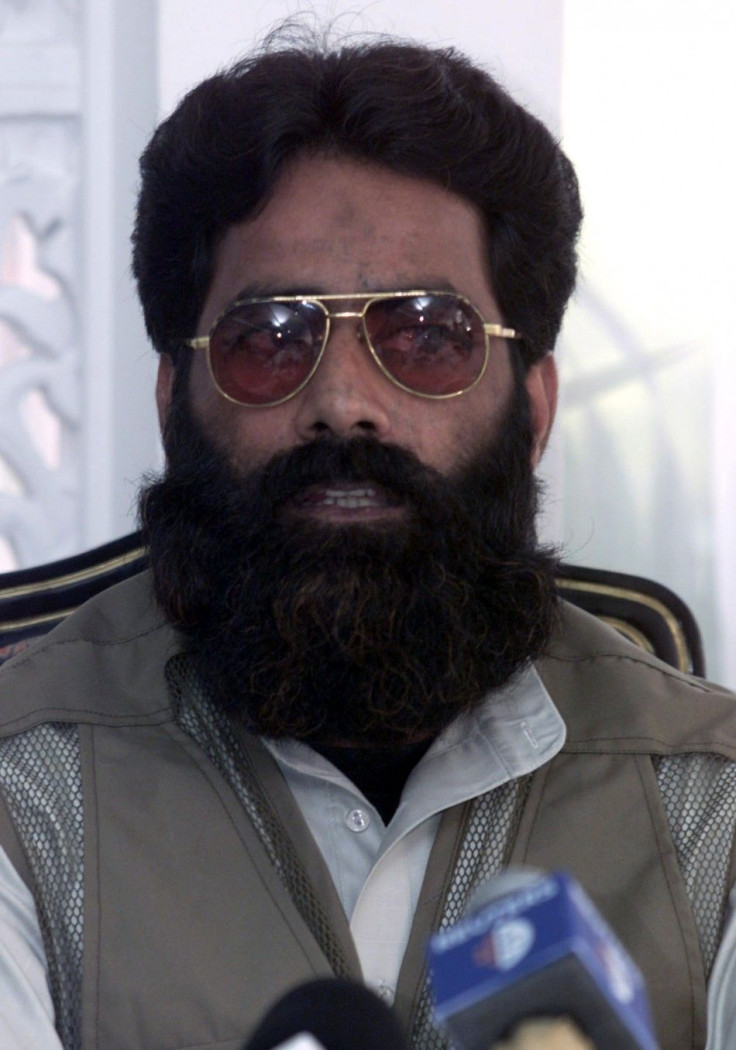US believes Ilyas Kashmiri still alive

U.S. officials are still apprehensive to confirm the claim that senior al Qaeda leader Ilyas Kashmiri was killed in a recent missile strike.
Intelligence officials in Pakistan claimed two days ago that U.S. drone-borne missile in northwestern Pakistan killed Kashmiri.
I can confirm 100 percent that he is dead. I got this information this morning, the nation’s interior minister told reporters on Monday. Pakistani officials issued statements about Kashmiri’s death.
However, U.S. officials said they still were unable to confirm Kashmiri's death. The militant leader was still alive, they said on Monday.
It wouldn't be the first time that reports of his death have been wrong, one U.S. official told Reuters.
Another U.S. official said government experts believed it was more likely that Kashmiri was alive, though they are not ruling out the possibility he was killed in a drone strike.
The conflicting version from both Washington and Islamabad indicate strained relations between the United States and Pakistan.
A Pakistani television station quoted the Kashmiri headed a group, an al Qaeda-affiliate called Harkat-ul Jihad Islami, confirming his death. Britain's Channel 4 News said the death had been confirmed by a senior HUJI commander, a close aide of Kashmiri.
Ilyas Kashmiri was high on a list Washington gave Pakistan of militants it wanted captured or killed, a Pakistani official said.
The U.S. State Department has labeled Kashmiri a specially designated global terrorist.
© Copyright IBTimes 2024. All rights reserved.











